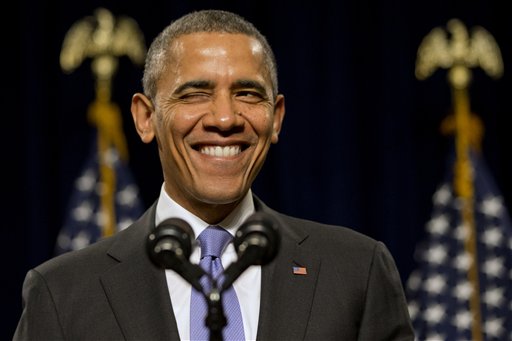What does it mean to be “exceptional”?
Videos by Rare
By any standard definition, being exceptional implies a rare quality or something that is not typical.
Within the context of the world’s history, it is then easy to understand why America is considered exceptional. Amid centuries of theocracy and dictatorships sprang a nation based on individual liberty, freedom and justice for all. Its founding concepts, so radical at the time and yet so basic, are exceptional compared to nearly every system of government that predated it.
American exceptionalism is not defined by an inherent superiority over others throughout the world but in our collective belief in a system of government that protects values rooted in liberty.
While polling shows that a vast majority of Americans see the United States as exceptional, I fear this is no longer based on an appreciation for the system that protects our freedoms. We’ve lost the common understanding of what make America great, which makes it easier for those freedoms to slip away.
Many believe that President Obama lacks an appreciation for the notion that America is exceptional. Just days before his election in 2008, Obama stated that we were just five days away from “fundamentally transforming the United States of America.” The question became, what core qualities of America does Obama believe need to be altered?
As our world becomes more connected, institutional forces bring us closer together. The United Nations is one such institution that aims to standardize America among the rest of the world.
It is necessary that we have to fight to preserve our sovereignty and protect our values that aren’t shared by other nations, the values that make us exceptional.
Within the United States, we see a similar trend where big government policies are eroding the sovereignty of states and individuals. Our approach to education is a prime example of how national standards fail to result in better education; the results have been exactly the opposite. Uniform, over-reaching policies lack the creativity and flexibility to tailor paths to success.
In our own schools, achievement and success is beaten into submission for the sake of fairness. A middle school in Maryland recently made news because straight-A students got a pizza dance party, while those who didn’t make the grades were excluded. This was news! And if you watch the local news report, the emphasis is on the unfairness of excluding some students rather than the achievement of the smart students.
Imagine if this time and energy was focused instead on helping kids who didn’t qualify for the party improve their skills. We shouldn’t strive to drag down the achievers for the sake of making others feel good. It breeds resentment and rewards the wrong kind of behaviors.
Now play this mentality out in the work place. In the name of standardization and corporate policy, the cases of true exceptionalism are beaten down into uninspiring paths for the sake of continuity. When you seek to make everything and everyone the same, it results in mediocrity at the expense of talent and productivity. The risk of upsetting workplace standards aren’t apparently worth the potential rewards gained by exceptional employees.
—
We don’t read about average people in history books. We don’t send average students to America’s elite universities to become the leaders of tomorrow. We rarely see average employees shift a company’s vision or devise an innovative product, service or process.
To be exceptional is a quality worth fighting for because that is where greatness has the best potential. It is crucial to recognize its importance – on a global scale, all the way down to the individual – rather than settling.




